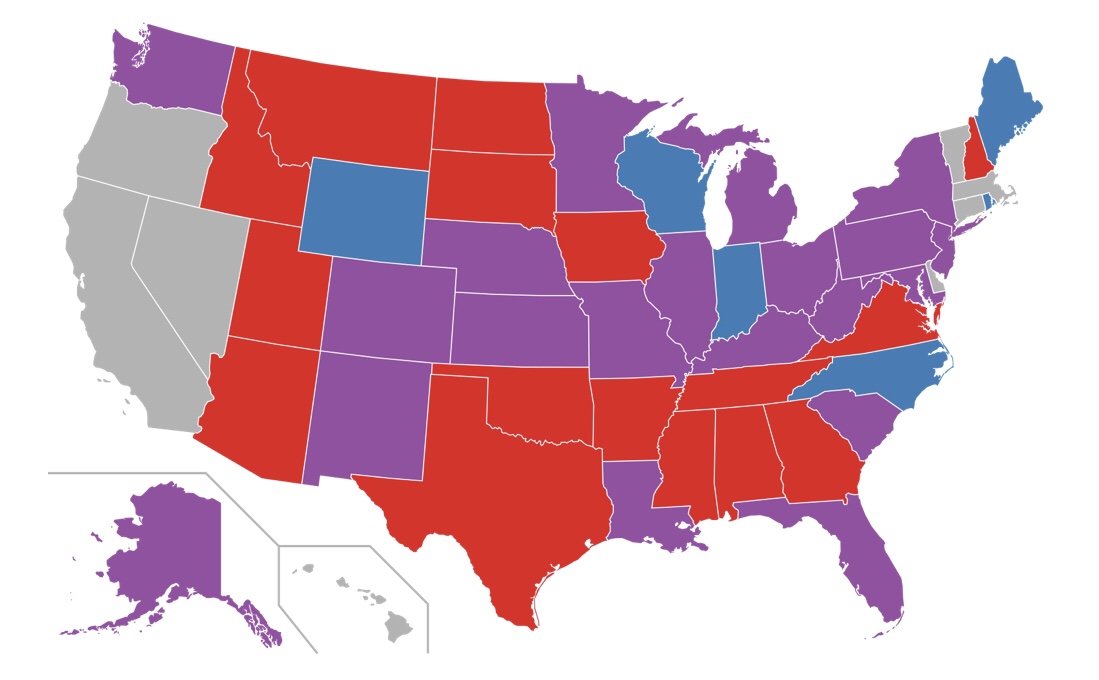Classes such as Critical Race Studies and Queer Studies are currently under attack by the Republican Party throughout the United States. Bills are being introduced and signed into law to restrict teaching about homosexuality and racism in schools. The 9th News reports at least 11 states have already passed laws to censor discussion of LGBTQ+ issues in public schools. One of these restrictive bills is Florida’s House Bill 1557, which according to The Florida Senate, “prohibits classroom discussion about sexual orientation or gender identity in certain grade levels.”
At Lincoln, students have had the opportunity to learn about homosexuality and racism in classes such as Critical Race Studies (CRT) and Queer Studies.
The Queer Studies course was constructed to cover diverse topics surrounding the Queer experience where students learn about prominent moments in queer history and review forgotten historical figures.
However, according to former Queer Studies teacher, Rion Roberts, budgetary issues forced Lincoln to remove Queer Studies as an elective. Roberts hopes the class can return in the future.
“[I believe] this [class provides] necessary knowledge for us all to have […] as we go forward in the world and hope to make it more inclusive, more understanding of various experiences,” said Roberts. “I think that including [this] kind of diversity of knowledge helps combat stereotypical understandings of history or traditional narratives of oppression and power and dominance, and recognizing that there is a plurality of peoples that have existed through history.”
Both Queer Studies and Critical Race Studies are classes where students study topics that highlight historically neglected groups.
According to the course guide, in Critical Race Studies, “students [will] learn to understand their own racial history, culture and identity to develop their sense of self. It is designed to tackle the difficult yet necessary conversation about race and how it impacts us individually, within our community, and within the United States.”
Mary Brunson, who teaches Critical Race Studies, describes how it differs from a typical history class.
“[Normally] you’re saying ‘here’s what happened, here’s why it happened, and now we have to live with it.’ And [in] CRT [we] say, here’s what happened, here’s why it happened, and here’s what we can do with it,” said Brunson.
Sophomore Kaleo Johnson, who’s currently enrolled in Critical Race Studies, recommends the class.
“I really like the course. We learn about a lot of the structures around us, especially structures of race in our country, and we get to identify them, and then we get to unpack them, and understand how they work and why they do what they do,” said Johnson.
Brunson says Critical Race Studies prioritizes building community.
“Whatever race, whatever ethnicity, whatever background you are, you will have a place in CRT and you will get a chance to explore the things that you want to,” said Brunson.

